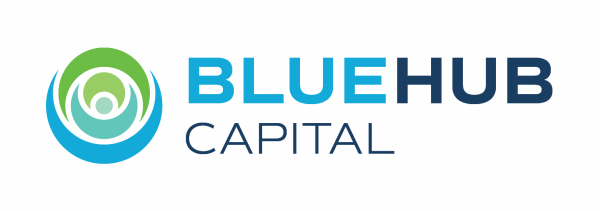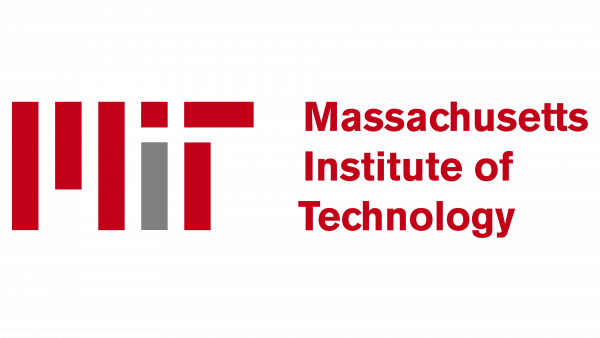Sue Cuevas helped found the first and only Hispanic CDFI credit union in Ohio 13 years ago behind the steering wheel of a white BMW sedan, driving to every community event she could find to recruit potential customers. She didn’t have a permanent physical office.
“I worked out of my car,” says Cuevas, now CEO of Nueva Esperanza Community Credit Union in Toledo. “I had a copier to copy their ID. I had a money bag to take their $5, and then I would send them a receipt.”
Sheilah Montgomery has also distinguished herself as a trailblazer in the credit union field, to which she has devoted 47 years. She is now CEO of Florida A&M University Federal Credit Union in Tallahassee. Montgomery also helped start a literacy program for students at the African American Credit Union Coalition, which she co-founded.
These veteran credit union executives hail from very different parts of the country, but their paths crossed in celebratory fashion in May when they shared the Annie Vamper Helping Hands Award. The award, sponsored by Inclusiv, recognizes individuals making “extraordinary contributions to the community development credit union movement.”
During the pandemic, credit unions were regarded as the ultimate financial first responders, as they got money into the hands of customers quickly — particularly low- or moderate-income Americans who are underserved by traditional banks.
Though Cuevas and Montgomery helm relatively small outfits, their role remains just as vital, as the communities they serve remain buttressed by rising interest rates, lack of affordable housing and still-biting inflation. Nueva has close to 600 members and $4.5 million in assets, while FAMU has 3,800 customers and $28 million in assets.
Next City recently asked Montgomery and Cuevas how their small credit unions are making outsized impacts in their diverse communities — while keeping the lights on through CDFI funding.
Sheilah, how are CDFI credit unions like yours dealing with the current economic environment?
Montgomery: Our credit union will be taking more time connecting to members by sending out surveys to find out how they are, what is their priority financial needs i.e. food, housing, education and reminding them about our products and services, conducting more financial education classes either via zoom or in person. Be present in the community as a trusted financial institution.
What’s the mood of your customers? Higher interest rates normally hurt the poor more than most.
Montgomery: Our overhead is much lower than some of your billion-dollar financial institutions. We have one branch, an ATM and eight staff team members. But we have a full-service financial institution. Because of our lower overhead, we’re able to help our members with their personal needs by structuring policies and procedures to meet the challenges of today which include but not limited to deferred payments for debt relief. We’re keeping our interest rates lower than our competitors. We’re able to offer unique opportunities. For instance, we did loans with no credit checks.
You‘re both in very different regions of the country. I’d like to explore your thoughts on the challenges you’re facing in each region.
Montgomery: We are in the land of Mickey Mouse, one of the largest employers in the state of Florida. Florida is a service-oriented state and the workforce is vulnerable. We have to pay attention to political and social changes that may affect the financial condition of our membership. Covid taught credit unions how to survive with the help of government grants. This allowed CDFIs to bring financial resources to communities that are often the last to know how to leverage the ask. Because we are a trusted financial partner, FAMUFCU became the answer to many financial needs in our communities.
And the Latino community in Ohio?
Cuevas: We’re dealing very strongly with the current economic environment as a kind of a decline. The pandemic really hit hard. A lot of (our customers) lost their jobs. They were in restaurants, housekeeping, places that shut down. That’s why I continue to seek (CDFI) grants to [cover) our operational costs and to be able to provide the capital resources to help these credit union members to continue to get loans and to establish credit.
(Furthermore) Where I’m located people don’t even know what a 401K is. Right now, we don’t offer checking accounts. Most of our credit union members speak Spanish. They don’t know how to write in English. So, checking accounts to them are very foreign. It’s something they’re not interested in.
Are you working on any initiatives to hold onto members or to grow your credit union?
Cuevas: Actually, currently we’re located in the basement of a health clinic. you have to come down some very big steps. It’s not an advantage to my members. The parking area is also very limited. So, our initiative is to get into a much larger location above ground, which allows our members the ability to come in safely and park safely. If we can come above ground more of our community will see where we’re at.
Montgomery: We are being deliberate about reaching out to the younger generation. We’ve improved our mobile app for easier access to join the credit union as well as apply for loans. Payments and check deposits can all be done online. Our drive-thru window has been a lifesaver for our elder population because we take care of their needs from the convenience of their car. Since we are a full-service financial organization, we offer a plethora of products and services and most recently we’ve expanded our business loan services to help small businesses, who we like to call the fabric that makes up America. We processed approximately $2 million in small business loans over the last 18 months. Our board’s vision is to find the need and meet it.
CDFI certification gives credit unions access to funds only CDFIs get. Sue, are you confident you’ll keep getting CDFI funding?
Cuevas: We received our last technical assistance grant in 2022. We received $125,000.
(Funding) allows us to continue upgrading our software system; it allows for continued staffing. So, we depend on that. I’m hoping they come out with an application (this year) so we can again submit for some more funding. But in small credit unions, the challenge is operational costs because you’re dealing with very distressed underserved members. They don’t have the funds to come in and deposit $10,000. CDFI funding is very important, especially to small credit unions.

This story is part of our series, CDFI Futures, which explores the community development finance industry through the lenses of equity, public policy and inclusive community development. The series is generously supported by Partners for the Common Good. Sign up for PCG’s CapNexus newsletter at capnexus.org.
Christopher C. Williams is a New Jersey-based freelance financial writer. He worked for many years with Dow Jones Newswires and Barron’s Financial Weekly and has contributed to publications including the Wall Street Journal, The New York Times and Essence magazine. He focuses on the intersection of business, economic equity and racial justice.

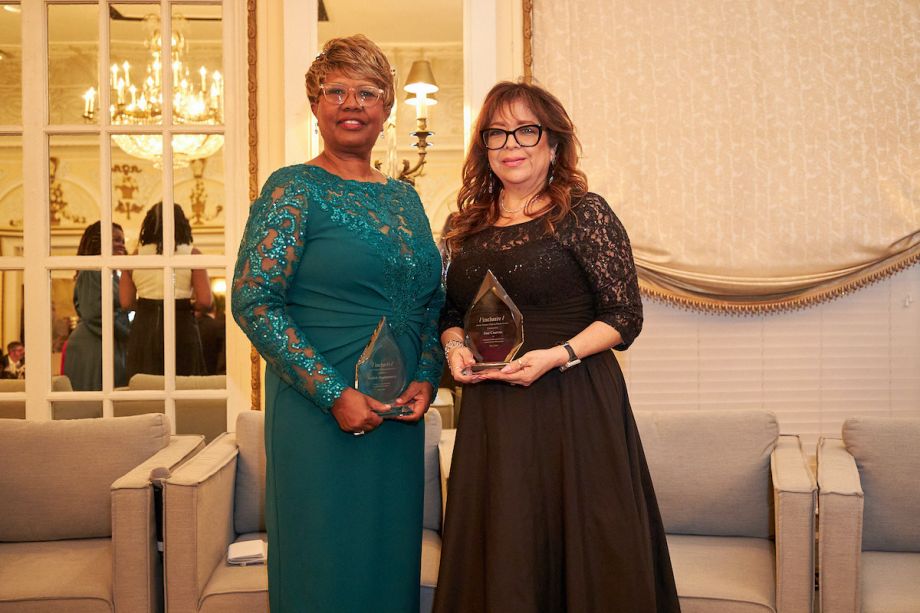

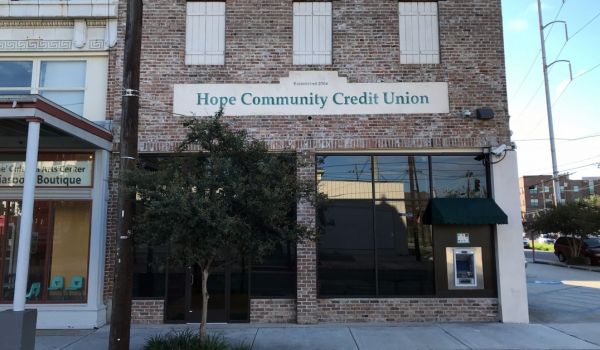

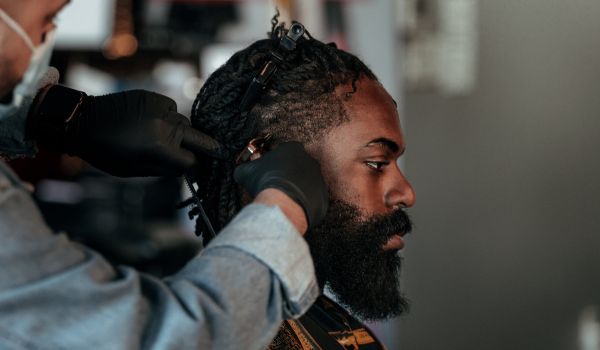

_600_350_80_s_c1.jpg)





